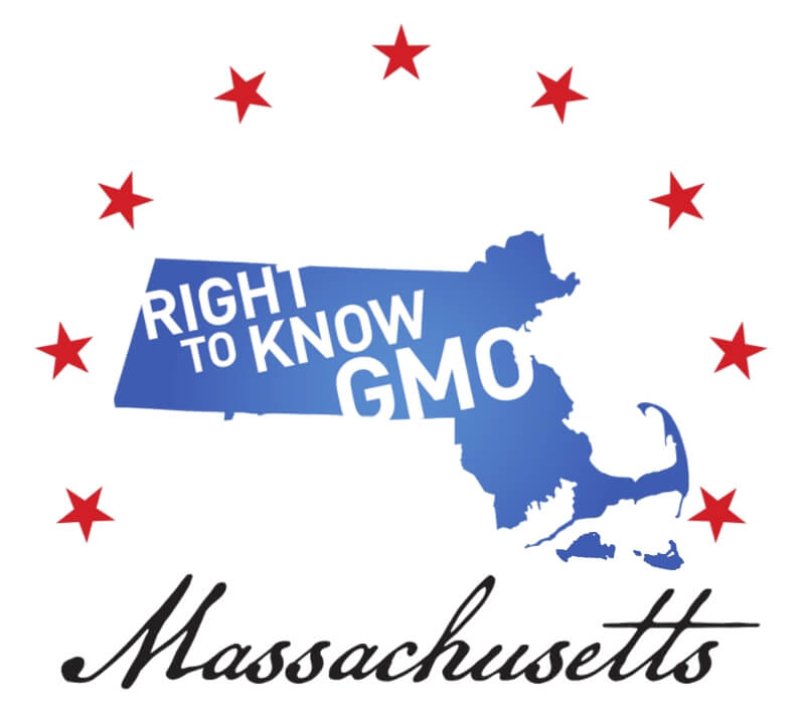The GLP aggregated and excerpted this blog/article to reflect the diversity of news, opinion and analysis.
A BILL that would require labeling of food that has genetically modified ingredients, or GMOs, cleared a legislative committee on Beacon Hill early this month, moving it one step closer to passage. That’s good news for food purists, but it’s an impractical and potentially burdensome solution that will cause unwarranted alarm and needless expense. Lawmakers should reject the bill.
. . . .
. . . .If passed, the Massachusetts bill. . . won’t go into effect until a number of neighboring states pass their own labeling laws, a trigger clause also included in GMO labeling legislation that has been approved in Maine and Connecticut.
Those labels, carrying the implicit and misleading suggestion that GMOs are different from other foods, are a bad idea for many reasons — but especially because they will contribute to already widespread confusion. A Pew Research survey revealed that nearly 60 percent of adults believe that GMO foods are less safe than conventional foods, despite many studies to the contrary . . . . It is especially troubling when politicians who rightly chastise climate change deniers flock to the side of ignorance on another issue where lives are also at stake.
. . . .
Unfortunately, a federal measure that would have prevented states from mandating GMO labeling, and established national guidelines for voluntary, uniform labeling, was rejected in the US Senate recently. Senators Elizabeth Warren and Ed Markey both sided against the bill, which, in particular, damages Markey’s hard-won reputation as a science-based legislator. The Senate should reconsider. In the meantime, Massachusetts should avoid joining Connecticut, Maine, and Vermont. It would amount to additional regulation that serves no public interest and does nothing to protect the health of Massachusetts residents.
Read full, original post: GMO labeling laws promote fear and misinformation































